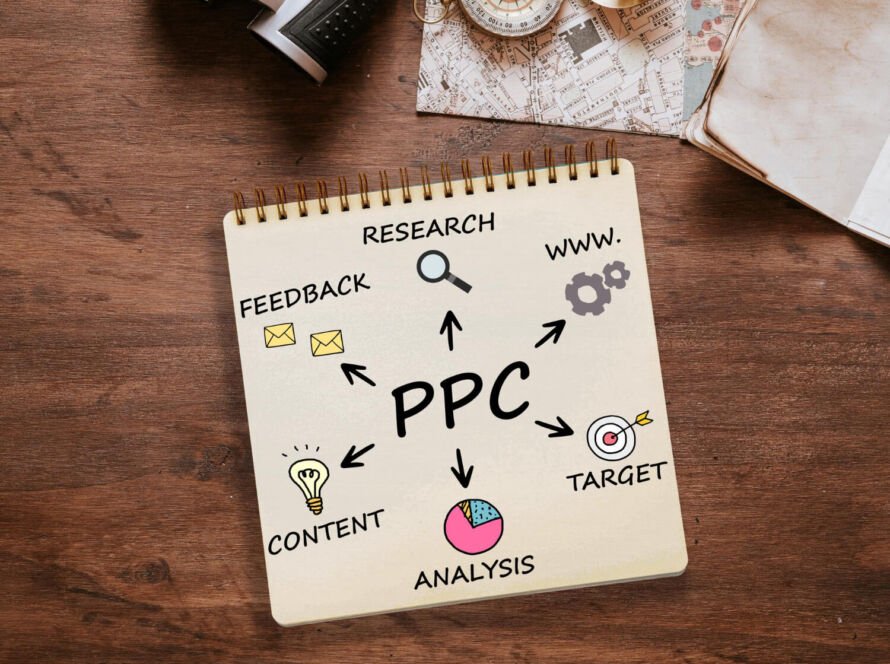In recent years, the real estate industry has been revolutionized by the rapid advances in digital marketing. From social media platforms to search engine optimization (SEO), the digital landscape has transformed the way people buy and sell properties. As a result, real estate agents and their marketing strategies have had to adapt to stay competitive in this new era. This article will explore the various ways digital marketing has influenced real estate sales, discuss how it has improved the process for buyers and sellers, and outline the key strategies for maximizing success in a digital world.
Increasing Exposure for Listings
One of the most significant impacts of digital marketing on real estate sales is the increased exposure it provides to property listings. Gone are the days of relying solely on print advertisements and for sale signs; today’s real estate listings are easily accessible through digital channels like social media, online marketplaces, and property websites. This increased visibility has led to a larger audience for real estate, enabling agents to connect with potential buyers and sellers more effectively.
For instance, social media platforms such as Facebook, Instagram, and LinkedIn have become instrumental in helping realtors showcase their listings, connect with potential clients, and build their brands. Additionally, online marketplaces like Zillow, Trulia, and Realtor.com have grown in popularity, allowing prospective buyers to search for properties according to their preferences and connect with real estate agents directly. By leveraging these digital channels, agents can create targeted marketing campaigns, ensuring their listings are seen by the right people at the right time.
Streamlining the Buying and Selling Process
Digital marketing has not only improved visibility but also streamlined the buying and selling process for both real estate agents and their clients. Prospective buyers can now view property listings, take virtual tours, and access in-depth information about homes without ever stepping foot inside them. This saves time and resources for all parties involved and allows buyers to make informed decisions about the properties they are interested in purchasing.
On the other hand, sellers benefit from the wealth of information they can gather about potential buyers through digital marketing. For example, real estate agents can use advanced analytics to track interest in a property, identify demographics and preferences of potential buyers, and ultimately, better tailor their marketing efforts to attract the right audience.
The Role of Content Marketing
Content marketing also plays a crucial role in digital marketing strategies for real estate. High-quality content, such as blog posts, social media updates, and other valuable resources, allows realtors to showcase their industry knowledge, demonstrating their expertise to potential clients. By providing valuable information and resources to buyers and sellers, real estate agents can build trust with their audience, facilitating long-term client relationships.
This approach is particularly significant when considering the vast amount of information available online. Buyers and sellers can easily become overwhelmed; thus, positioning yourself as a knowledgeable resource can help differentiate you from competitors. It’s important to create and share content that is not only informative but also engaging, using a variety of formats, such as videos, infographics, and even podcasts.
Search Engine Optimization (SEO)
SEO has become essential in the world of digital marketing, and real estate is no exception. A strong SEO strategy helps improve your website’s visibility on search engine results pages, making it easier for potential clients to find you. Buyers and sellers often rely on search engines to find properties and real estate agents, so the higher your website ranks, the more likely you are to attract new clients.
To optimize your real estate website for search engines, consider implementing the following strategies:
- Keyword Research: Identify keywords that your target audience uses when searching for properties or agents. Incorporate these keywords into your website’s content, page titles, and URLs.
- On-Page Optimization: Optimize individual pages on your website, including meta tags, image alt tags, and headings. This ensures search engines understand the content and context of each page.
- Localized SEO: Focus on local SEO to target potential clients in specific neighborhoods or areas. This includes optimizing your website for local keywords and claiming your Google My Business listing.
- Link Building: Work on building quality backlinks to your website from authoritative sources. This helps improve your website’s domain authority and increases your chances of ranking higher in search engine results.
The Power of Email Marketing
Email marketing is a powerful tool in the real estate industry, with an average open rate of 16.77% and a click-through rate of 7.8% in the US. Having a well-designed email marketing campaign can significantly impact the success of your real estate business. This includes implementing a lead nurturing strategy, keeping potential clients informed and engaged, ultimately increasing the likelihood of them becoming clients.
Furthermore, sending personalized emails, segmented according to clients’ property preferences and needs, can help establish a genuine connection with potential clients, increasing trust and perceived value.
Embracing Virtual Reality and Video Marketing
The real estate industry has seen a surge in virtual reality (VR) and video marketing, allowing potential buyers to take a virtual tour of properties from the comfort of their homes. This technology has proved especially useful during the COVID-19 pandemic, with lockdowns and social distancing restrictions in place. By incorporating VR and video marketing into your digital marketing strategy, you can improve user engagement and provide potential clients with an immersive experience that allows them to view properties in detail.
In conclusion, the influence of digital marketing in the real estate industry cannot be understated. It has transformed the way properties are bought and sold, increasing exposure for listings, streamlining the buying and selling process, and allowing agents to connect more effectively with potential clients. By adopting these strategies and emerging technologies, real estate professionals can maximize their success and adapt to the ever-changing digital




